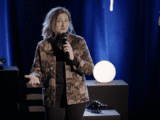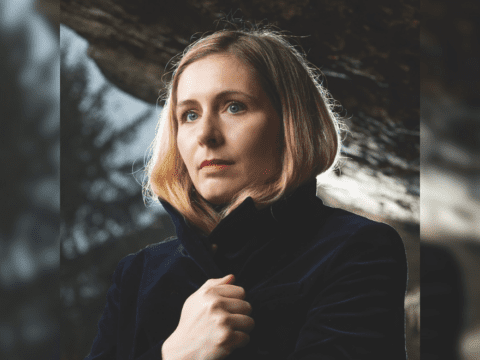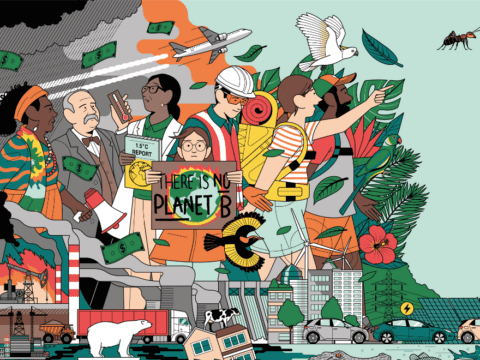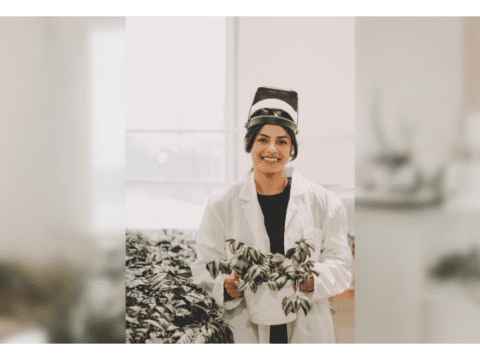On my return to Canada in 2020 after three decades abroad, canoeing in Muskoka, Ont., seemed an ideal way to feel “back home.”
But paddling out from Port Stanton, I felt a surprising rush of melancholy as I looked ahead at a shoreline of tall pines. Behind them, a row of pale yellow cabins shimmered — and I was taken back to summer camp, more than 70 years ago.
You may unsubscribe from any of our newsletters at any time.
I’d nearly forgotten this place, Sparrow Lake United Church Camp, which still exists in a much upgraded form. What I remembered now was being homesick and miserable.
Except for the singing. Oh, the singing I loved and easily absorbed an essential truth: making music creates community. Rounds at breakfast in the dining hall (“Morning has come, the board is spread…”), hymns at noon (“All things bright and beautiful…”), vespers at supper (“Day is done, gone the sun…”) followed by campfire songs (“Fire’s burning, fire’s burning…”). For the sake of harmony, we need other people.
More on Broadview:
- The United Church tackles climate change with churchwide youth program
- How thanking God before meals repaired my complicated relationship with food
- Faith communities can offer a way out of collective apathy
Over the next decade, Sparrow Lake was followed by Five Oaks, Miramichi and Ryerson summer camps, and although morning Bible study was tedious, memorized scripture was embedded in my brain forever. But that was religious work: it did not nurture my spirit.
What set me on a spiritual path from Sparrow Lake onward was discovering that true worship doesn’t require a church setting. Sunday services outdoors under a canopy of trees with the lake shining nearby — this was new and glorious and set me free in surprising ways. I felt less like my parents’ child and more like one of God’s creatures.
From there it was a short distance to thinking that if God made the world, then everything is part of God. Over the following decades, my spiritual beliefs evolved and incorporated many ways to express this idea — God is Nature, we are Nature, we are God — as a way of explaining our responsibility to ourselves and to each other and to the planet.
***
Isabel Huggan’s memoir, Belonging: Home Away from Home, won the Charles Taylor Prize for Literary Non-Fiction in 2004. She lives in Orillia, Ont.














